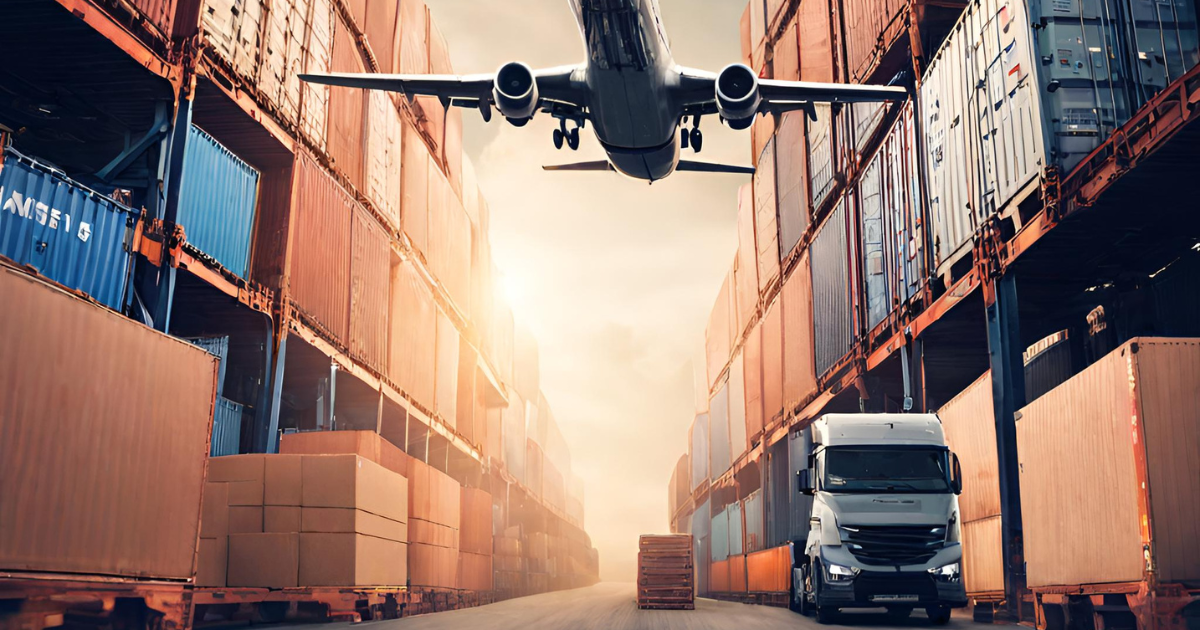AI and freight forwarding
Freight forwarders can leverage artificial intelligence (AI) in various ways
Freight forwarders can leverage artificial intelligence (AI) in various ways to gain a competitive edge in the logistics industry. Here are several ways in which AI can be applied to enhance the efficiency and effectiveness of freight forwarding operations:
- Route Optimization and Planning:
- AI algorithms can analyze historical data, real-time traffic, weather conditions, and other relevant factors to optimize routes for shipments. This can lead to cost savings, reduced transit times, and improved overall efficiency.
- Demand Forecasting:
- AI can analyze historical shipping data to predict future demand patterns. This helps freight forwarders anticipate peak seasons, allocate resources more effectively, and optimize inventory management.
- Automated Documentation and Compliance:
- AI can streamline the documentation process by automating the creation and verification of shipping documents. This reduces the likelihood of errors, accelerates customs clearance, and ensures compliance with regulations.
- Real-time Shipment Tracking:
- Implementing AI-powered tracking systems enables real-time visibility into the status and location of shipments. This transparency enhances customer satisfaction, improves communication, and allows for proactive issue resolution.
- Risk Management:
- AI can analyze various risk factors, such as geopolitical events, weather conditions, and market fluctuations, to assess potential disruptions to shipments. Freight forwarders can then develop proactive strategies to mitigate these risks.
- Predictive Maintenance for Fleet Management:
- AI can be employed to predict maintenance needs for the freight forwarder’s vehicles and equipment. By analyzing usage patterns and performance data, the system can schedule maintenance activities to prevent unexpected breakdowns and ensure the reliability of the fleet.
- Chatbots and Customer Service:
- Implementing AI-powered chatbots can enhance customer service by providing instant responses to inquiries, tracking shipments, and offering personalized assistance. This not only improves customer satisfaction but also frees up human resources for more complex tasks.
- Data Analytics for Business Intelligence:
- AI-driven analytics can extract valuable insights from large datasets, helping freight forwarders identify trends, optimize processes, and make data-driven decisions. This can be instrumental in strategic planning and business development.
- Warehouse Automation:
- AI-powered robotics and automation can optimize warehouse operations, improving the speed and accuracy of order fulfillment. This reduces labor costs and enhances the overall efficiency of the supply chain.
- Blockchain for Transparency:
- Integrating AI with blockchain technology can enhance transparency and traceability in the supply chain. This is particularly beneficial for verifying the authenticity of products, ensuring compliance, and reducing the risk of fraud.
By incorporating AI into their operations, freight forwarders can optimize their processes, reduce costs, improve customer satisfaction, and ultimately gain a competitive edge in the dynamic and demanding logistics industry.








